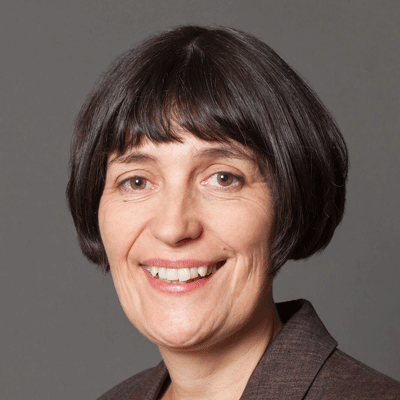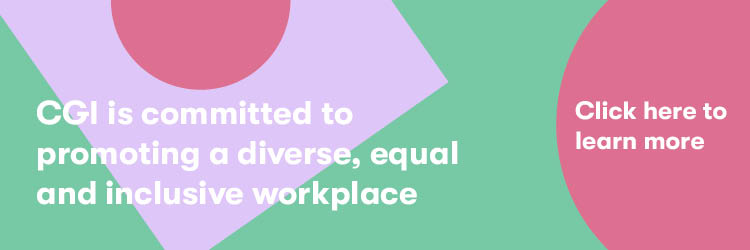
Tara McGeehan
President, CGI UK and Australia, CGI
Diversity, equity and inclusivity is a key business objective for the IT industry and is necessary to be able to grow successfully and attract the right talent.
President of CGI in the UK and Australia Tara McGeehan says: “We are a global IT and business consulting services company. In the UK, we work across multiple sectors including government, space and defence, utilities, energy and banking as well as the public sector. “We pride ourselves on doing complex things well and work on some of the most mission-critical systems in the UK,” says McGeehan.
DE&I should be a key business focus
Diversity, equity and inclusivity (DE&I) helps to inform how CGI operates: “Not just in terms of gender, but in ethnicity, social upbringing and disability,” she explains. “It enables us to bring the best people to our organisation who can deliver strongly on projects.
It also means we are relevant to our clients; because if we look and sound like our clients, we are more likely to win work and deliver the work they want. Connecting on the human level is not altruism but good business,” adds McGeehan.
Most industries are struggling from a DE&I point of view, so seeing one of their suppliers on this journey — maybe ahead of them — helps. “Because our staff, who we call ‘members’ (they are shareholders in the company) come to work feeling they are change-makers, this encourages clients to think in the same way and builds stronger working partnerships,” says McGeehan.
Connecting on the human level is
not altruism but good business.
Greater gender representation in IT
McGeehan believes IT should be the most attractive career around because we are in the digital age, where technology is everywhere.
“The UK is the largest IT economy in Europe, but we are failing as an industry to articulate what IT jobs are. You can have any type of role you want — there are coders, but also people testing products, writing bids and developing new business.”
McGeehan says: “As roles are totally non-gender specific, there should be much greater female representation (it’s 23% female at CGI, whereas the industry average is 17%). We need to explain to girls it’s okay to like maths, but you don’t need maths to do IT. A lot of what we do is talking consultatively to clients, recognising their problems and coming up with solutions. We also need to identify good female role models, to explain how they are creating fantastic careers, working in other countries globally and making huge changes in society.”



